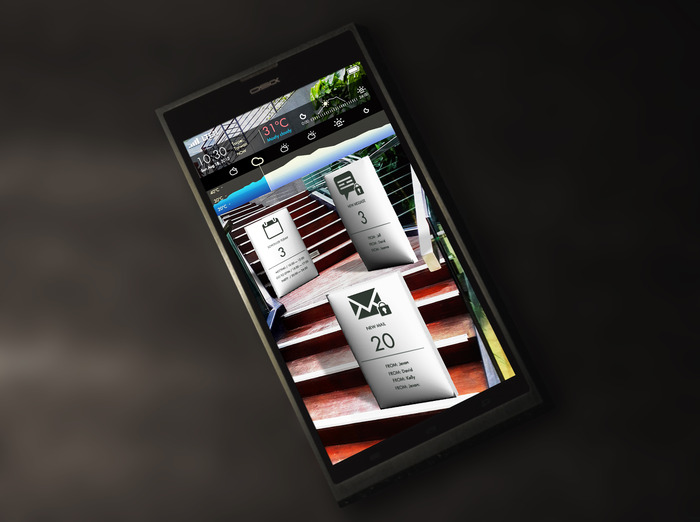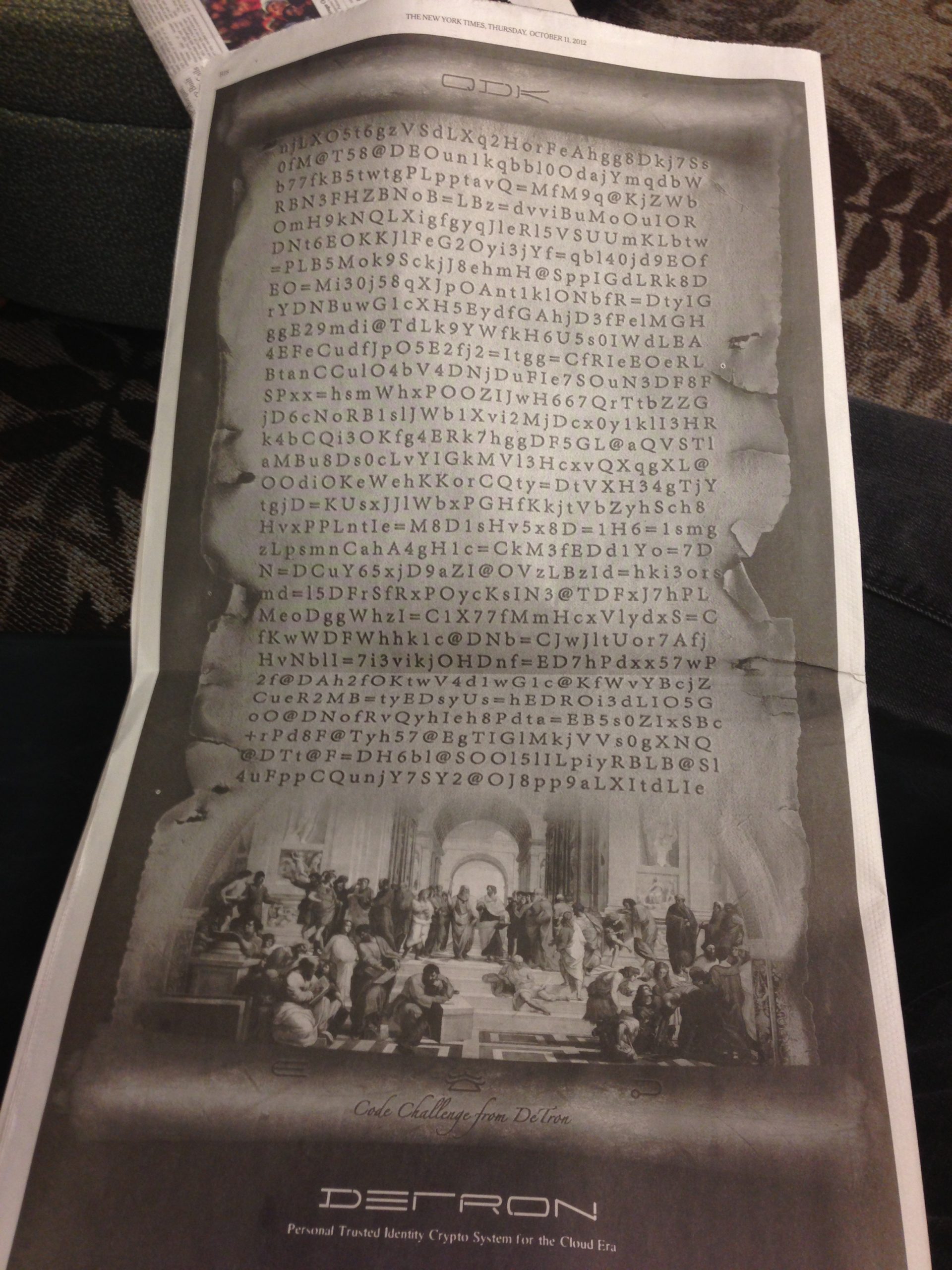Do you want a phone that secures all of your data and communications, and can't be hacked by even the savviest of criminals and governments? Of course you do. But if you're a realist, you'd probably say that while strong security can be achieved with discipline, perfect security doesn't exist.
Yet, perfect security was the promise of a company called QSAlpha when it recently sent me an e-mail titled "Un-hackable Superphone to be Unveiled via Kickstarter." QSAlpha is seeking $2.1 million to build a phone it dubs the Quasar IV. Pledges starting at $395 would reserve backers a phone estimated for an April 2014 delivery.
A draft of the Kickstarter page and an accompanying video shared with Ars calls it the "world's most secure smartphone," featuring "unprecedented security with a military-grade encryption." Those kinds of claims—coupled with a lack of technical detail—make security experts who reviewed the Kickstarter page suspicious.
The phone a ninja would use
QSAlpha says it started by asking the question, "If a ninja had a phone, what would it look like?"
"The essence of digital security is the ability to operate in stealth mode, moving about undetected, leaving no trace in the digital world, the same way that a ninja leaves no trace in the real world," CEO and founder Steve Chao said in the video.
QSAlpha describes Chao as "an internationally recognized pioneer in digital security, communications and augmented reality." He said he previously built a now-defunct mobile search engine, Cgogo, which was used by China Mobile.
His encryption technology is called "Quatrix." Besides encrypting phones, QSAlpha says it plans its own app store where developers can distribute applications signed by Quatrix.
A preview of the Kickstarter link was temporarily live but is offline as of this writing. QSAlpha was planning to start the crowdfunding campaign this week, but said because of a backlog at Kickstarter it's been delayed until September 12.



 Loading comments...
Loading comments...
